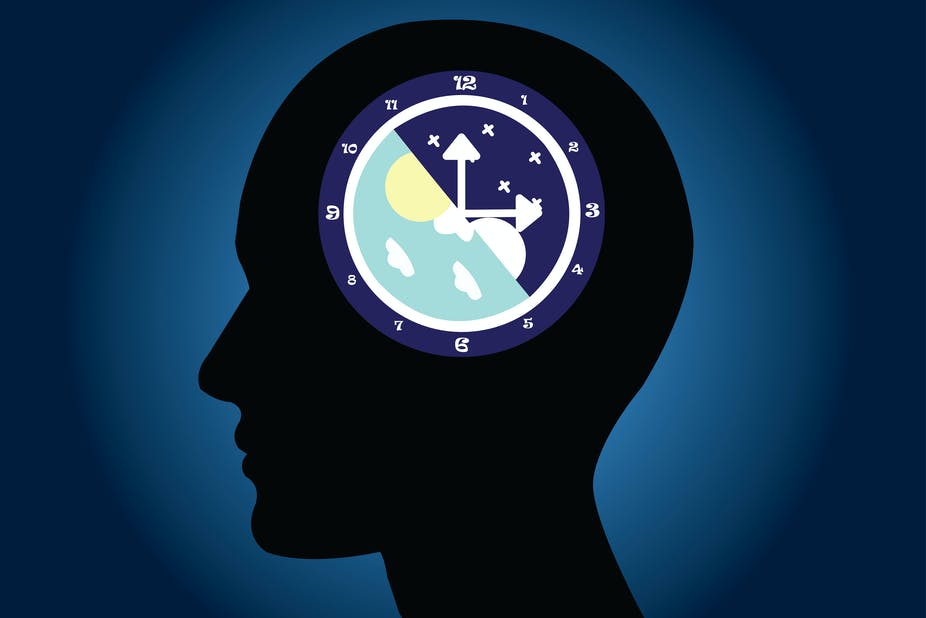Using a single blood draw, researchers at the University of Colorado suggest that in the near future an individual’s internal circadian or biological clock can be established.
By assessing each person’s circadian clock, recommendations for the implementation of healthy eating and exercise patterns could occur.
First publicized online in the Journal of Biological Rhythms, the study involved 16 healthy participants, eight male, and the other eight female.
“Measuring individual circadian phase is important to diagnose and treat circadian rhythm sleep-wake disorders and circadian misalignment, inform chronotherapy, and advance circadian science,” the journal report reads.
“We analyzed the human plasma metabolome during adequate and insufficient sleep to predict dim-light melatonin onset (DLMO) and dim-light melatonin offset (DLMOff) using one blood sample.”
Overall, the findings provide a glimpse at what form of blood biomarkers are possible, with such test biomarkers for the circadian clock potentially on the horizon.
“These findings show promise for metabolomics-based biomarkers of circadian phase and highlight the need to test biomarkers that predict multiple circadian phase markers under different physiological conditions,” the authors affirmed in their report.


